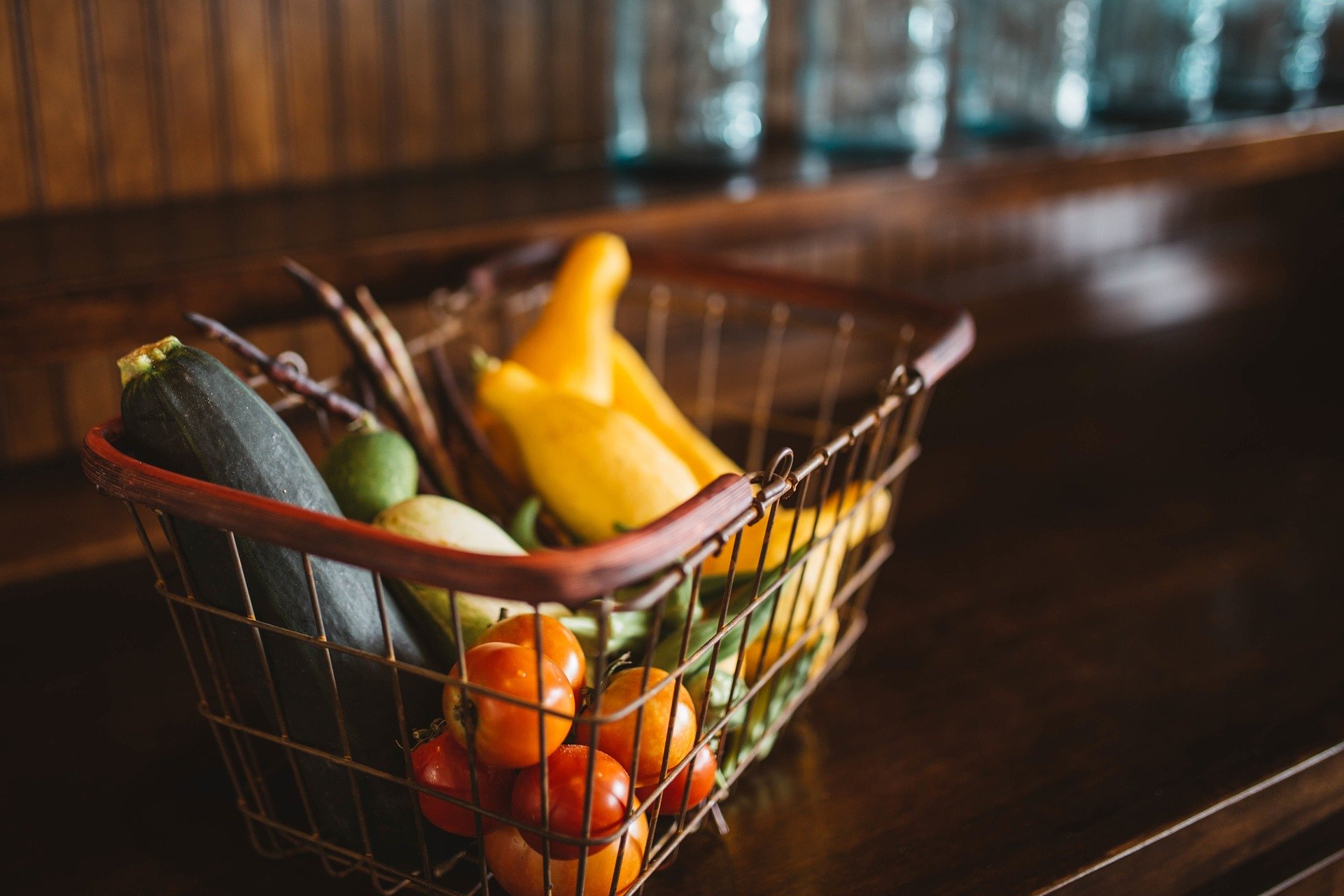
31 Mar 11 Organic Foods That Seniors Should Consider Buying (And Some You Can Skip)
The classic grocery-store question: Do I need to go organic or not?
Supermarkets import produce and foods from around the world and domestically, often over long distances. This modern-day convenience offers great variety and endless choice. However, elders will inevitably find more chemicals, hormones, pesticides, and antibiotics making their way into some of their favorite foods. Buying organic not only means that your food is free of pesticides and other chemicals, but it’s also better for the environment while supporting small, sustainable farmers.
Generally, it is recommended to eat organic produce whenever possible. In reality, shunning traditional produce and food products can get expensive compared to their organic counterparts. The Environmental Working Group (EWG) is a nonprofit organization made up of scientists, policymakers, and researchers that are dedicated to protecting human health and the environment. They put together a list to help consumers shop healthy and select the right organics without breaking the bank.
The following are 11 foods that you should choose to buy organic, when possible:
Strawberries: The EWG found that just one strawberry sample contained 22 different pesticides.
Apples: A large majority contain diphenylamine pesticide, which is actually banned in Europe.
Spinach: it has more pesticide residue by weight compared to all other foods tested.
Tomatoes: the organic kinds skip the pesticides, and you may find them more affordable by buying the canned organic variety
Peaches and nectarines: Almost all tested contain at least 2 pesticides
Grapes: conventional varieties contain around 5 pesticides each.
Cherries: one third of cherries tested contained a cancer-causing pesticide.
Peppers (sweet and hot): the soft skin makes a home for pesticides on both the hot and sweet varieties.
Potatoes: a pesticide affecting the nervous system was found in a majority tested.
Pears: one of the worst offenders, many pears had very high concentrations of not only pesticides but also fungicides and insecticides.
Celery: pesticides are detected on a clear majority tested
Not all produce is created equal. Many fruits and vegetables are less likely to be contaminated with pesticide residues. As a result, you can feel good about buying them conventional. This is particularly important if you are trying to stick to a budget and want the best “bang for your buck” in eliminating pesticides and other inorganic products.
The following are 12 that you can consider skipping organic varieties.
Avocado
Asparagus
Melons
Pineapples
Sweet corn
Onions
Broccoli
Eggplant
Kiwi
Mangos and papaya
Cauliflower
Peas
For the worst-offending foods, there is another silver lining. If the organic varieties are either inaccessible or too expensive, cooking the foods also reduces the level of pesticides in them. Therefore, if you eat any of the referenced foods in cooked form, you can limit pesticide consumption even when purchasing conventional.
Deciding to eat organic or not comes down to you, your personal food preferences, and your budgetary constraints. Whether you eat organic or non-organic, the most important thing a senior can do is have healthy eating habits. Read our blog here about how elders can lose weight and also other ways to stay active here and here. Check out all of our insights and consider Chosen Family for your at-home elder care needs for you or your loved one.

1 Comment